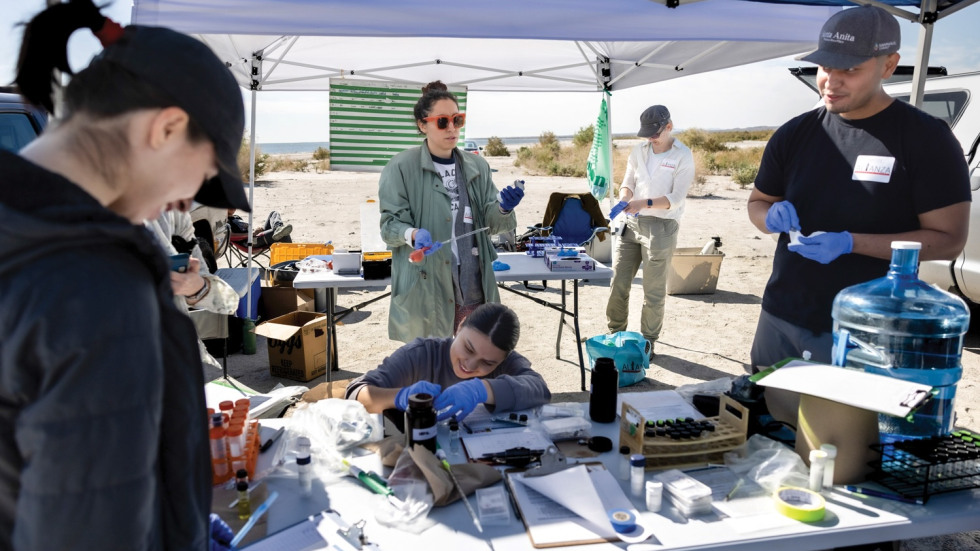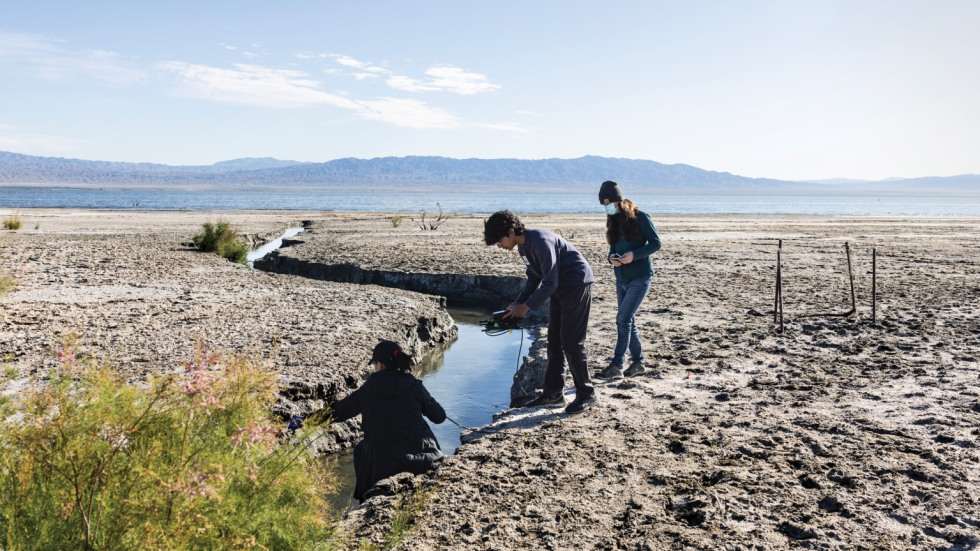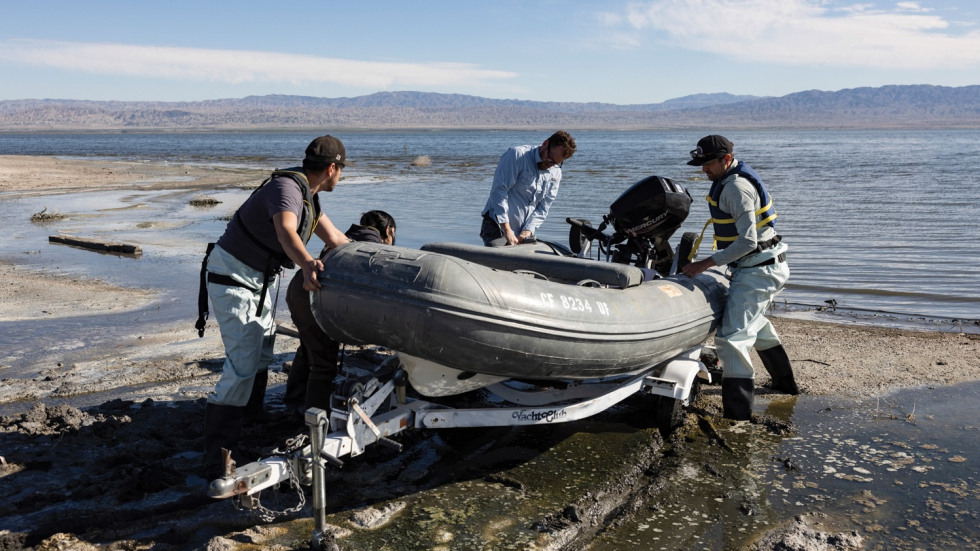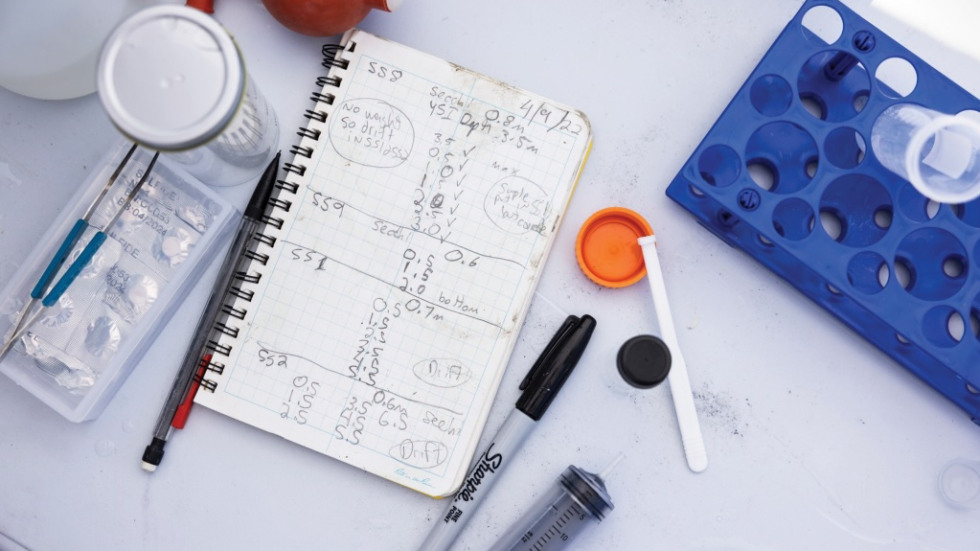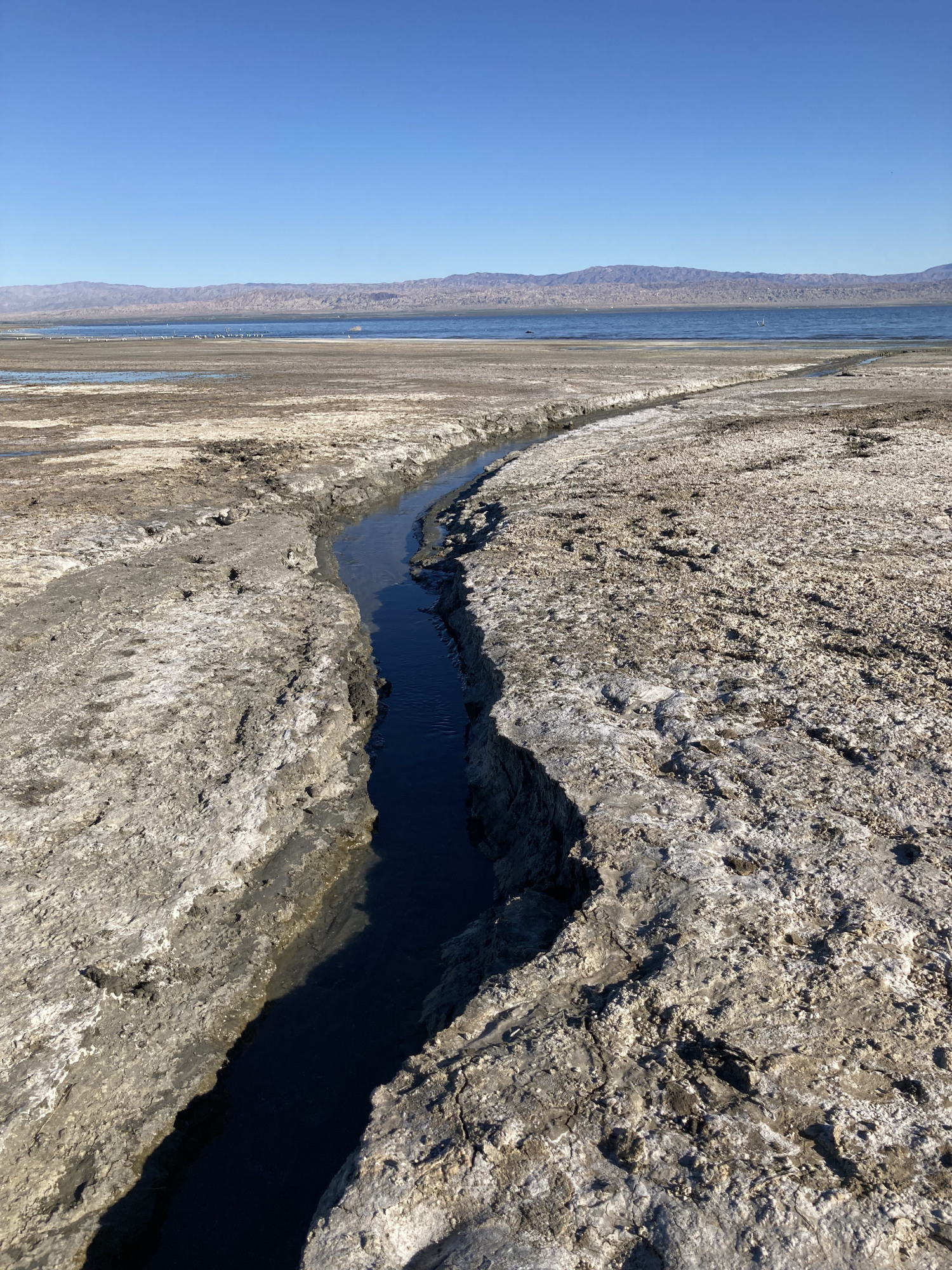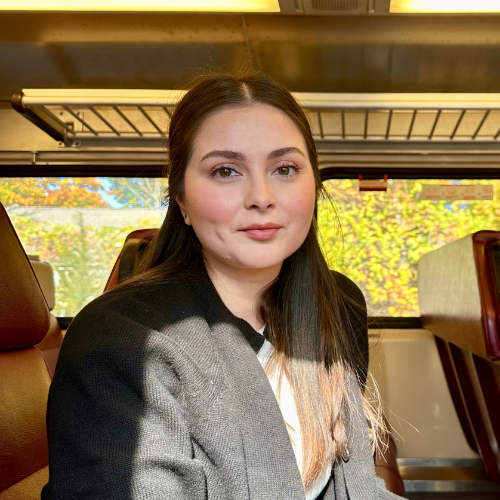 For Brown University PhD student, Alejandra Lopez, the path to environmental research began on the shores of California's Salton Sea, working alongside local volunteers to monitor water quality. What started as weekend data collection in 2021 has evolved into a comprehensive community science initiative reshaping how environmental research can serve the communities most affected by pollution and policy decisions.
For Brown University PhD student, Alejandra Lopez, the path to environmental research began on the shores of California's Salton Sea, working alongside local volunteers to monitor water quality. What started as weekend data collection in 2021 has evolved into a comprehensive community science initiative reshaping how environmental research can serve the communities most affected by pollution and policy decisions.
Alejandra's decision to pursue graduate studies at Brown was driven by a desire to build on a background in GIS by combining it with remote sensing. Working with Dr. Mara Freilich offered the perfect opportunity to bring together these interests.
Her journey with the Salton Sea Project began during her master's studies at USC, when she joined local volunteers filling the gap left after the Bureau of Reclamation stopped water testing in 2021. Over time, her role expanded as she became one of the core team members, and the project grew to include air quality monitoring and satellite imagery analysis.
The research has yielded troubling findings with immediate policy implications. The team's data revealed that hydrogen sulfide levels near the Salton Sea have exceeded California's air quality standards—a reality that government monitoring networks miss because their stations are located too far from emission sources. By collecting data directly at the source, the team has documented conditions that demonstrate the urgent need for more localized monitoring.
"We have often heard from community members who share what they are experiencing, such as illness or noticing that something feels wrong, and then they see our data confirm what they have been saying for years," Alejandra notes. This validation of lived experience through scientific data has proven powerful for communities long overlooked by traditional research.
